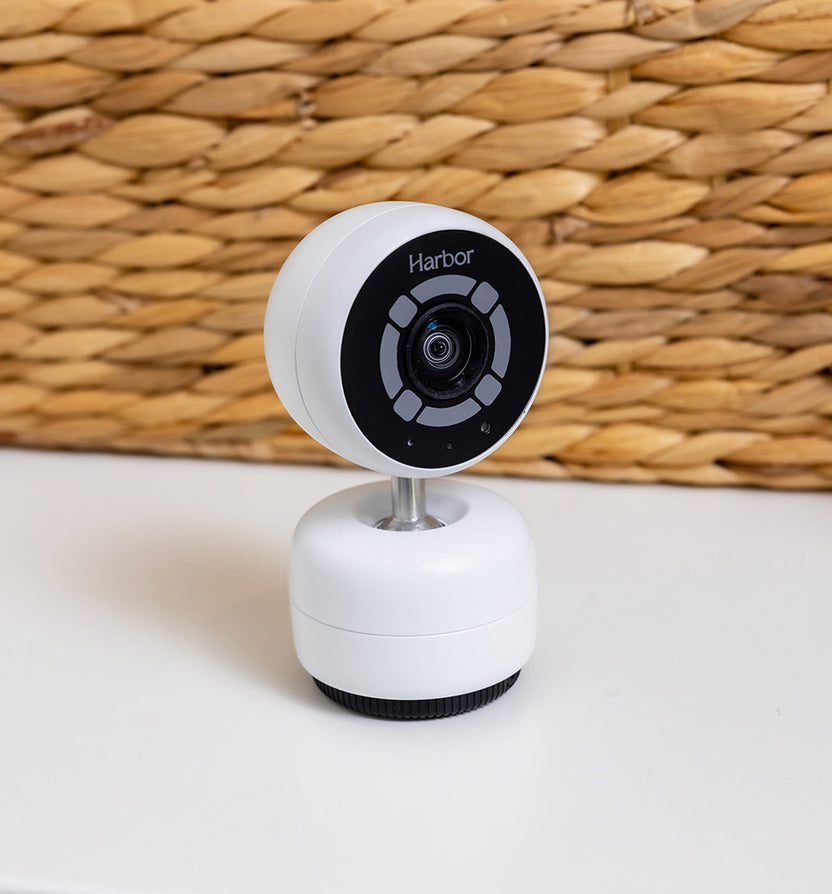
Navigating Sleep Deprivation as a New Parent
While welcoming a newborn into your life is joyful, it also comes with many challenges.
A staggering 70% of new parents lose at least three hours of sleep each night during their baby’s first year, adding up to 133 night’s worth of sleep [3].
Sleep deprivation can have a profound impact on your physical and mental well-being. While it’s not always possible to prevent it, especially with a young child, understanding its signs and symptoms can allow you to navigate the early infancy stage more easily.
Recognizing the Symptoms of Sleep Deprivation
Sleep deprivation is about more than just feeling tired. It’s a state where your body is not getting the restorative sleep it needs to recover and function properly, physically or mentally. Common symptoms of sleep deprivation include:
- Excessive daytime sleepiness: This looks like excessive fatigue during the day, including difficulty staying awake and microsleeps or brief and unintended periods of sleep.
- Mood changes: This can look different for everyone but is typically marked by increased irritability, mood swings, and heightened emotional sensitivity.
- Cognitive impairments: Sleep deprivation can contribute to difficulty concentrating, poor decision-making, and bad memory.
- Physical ailments: This can range from headaches to a weakened immune system or an increase or decrease in appetite.
Long-term sleep deprivation can contribute to weight gain, a weakened immune system, and an increased risk of chronic health conditions like diabetes and heart disease. Poor sleep can also increase the risk of mental health issues, including postpartum depression.
Health professionals typically recommend that adults aim for 7–9 hours of sleep each night. But a baby’s sleep and feed schedule makes that nearly impossible. So, how can new parents cope?
11 Ways to Alleviate Sleep Deprivation
1. Establish a nighttime routine
Taking a warm bath or reading a book before bed can signal to your brain that it’s time to sleep. Creating an environment that’s conducive to sleep also helps. This can look like turning off your phone, keeping your room at 68–72 degrees, and dimming the lights. Avoiding all screens in the evening has been proven to help sleep too. The first stretch of your baby’s nighttime sleep is typically the longest. Try to take advantage of this and rest.
2. Take advantage of short breaks
While you don’t always need to sleep when your baby sleeps, you can use baby’s naptime to recharge. Close your eyes and lie down for 15 minutes or listen to a short guided meditation.
3. Try a collaborative approach
If you can share nighttime feeding responsibilities with your partner, you’ll each be able to get more sleep. This can look like pumping or supplementing with formula so that both parents can share the work.
4. Call for reinforcements
Reach out to friends and family for support. Consider asking them to cook and clean while you get some extra shuteye. If they’re able to stay overnight, they can even take on some early morning feeds. Every little bit of help can make a meaningful difference. It takes a village!
5. Rest easy with Harbor
Harbor’s Remote Night Nanny and infant care experts are available to help you access more restful nights at every step along the way. Text an expert for sleep schedule recommendations, or grant a Remote Night Nanny access to your monitor so you can get better sleep.
6. Find balance where you can
It’s understandable that professional responsibilities add to the stress of your personal life. If possible, negotiate a flexible or temporary remote work schedule with your employer.
7. Eat well and stay active
Seek out nutrient-dense foods to keep you energized and support your immune system. You might also want to set up a meal train or ask your local community to help cook for you. Especially when tired, it’s easy to reach for packaged foods that ultimately make it harder to maintain energy and get good rest. Moving your body, even in small ways, can also help to keep you healthy. Go for a walk to get some fresh air or look for postnatal exercise classes near you, which can also allow you to connect with other new parents.
8. Watch your caffeine intake
While it can be tempting to combat your fatigue with extra caffeine, know that it might be harming your sleep quality. Avoid caffeine at least six hours before bedtime.
9. Steer clear of alcohol
Much like caffeine, alcohol can disrupt your body’s sleep cycle and lead you to get poor-quality sleep.
10. Keep tabs on your mental health
Sleep deprivation can contribute to and exacerbate postpartum depression. If you notice any prolonged changes to your mood, contact your healthcare provider.
11. Make time for yourself
You shouldn’t have to sacrifice yourself to raise a child. Find small moments to do things that bring you joy, like reading a book, listening to music, watching a movie, or calling a friend.
